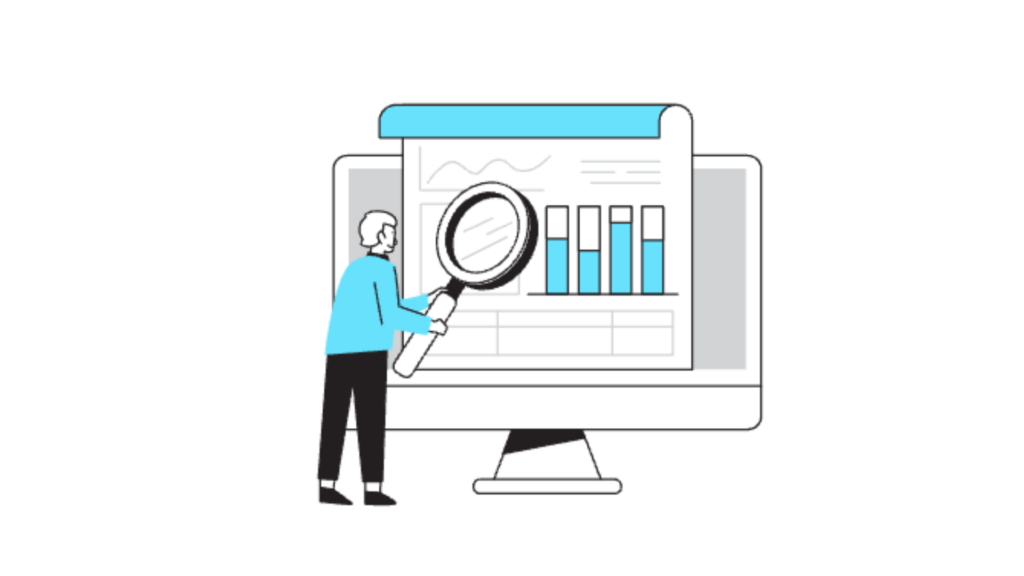Keyword Meta Tag Generator: A Complete Guide for SEO Success

Optimizing your website for search engines involves many strategies, and using a keyword meta tag generator remains one of the essential tools. This tool helps website owners create effective meta tags, ensuring that each page ranks better on search engines by targeting specific keywords. This article dives into the purpose and advantages of using a keyword meta tag generator, offers guidance on selecting the right tool, and provides tips for maximizing its benefits.
What is a Keyword Meta Tag Generator?
A keyword meta tag generator is a tool designed to help users create optimized meta tags for webpages. Meta tags, especially keyword tags, communicate the theme and content focus of a page to search engines, enabling accurate categorization and indexing. Keyword meta tags are often paired with other metadata, such as title tags and descriptions, to maximize SEO effectiveness.
Though Google’s algorithm now places less emphasis on keyword meta tags than before, these tags still play a supportive role in signaling relevance. Using a generator tool allows you to quickly create precise and effective tags without extensive SEO knowledge.
Why Use a Keyword Meta Tag Generator?
Using a keyword meta tag generator brings several advantages:
- Saves Time
Manually crafting tags for each page can take hours, especially for large sites. A generator speeds up the process, creating effective tags in seconds. - Improves SEO
Meta tags may seem like small details, but they add up. Well-chosen keyword meta tags boost SEO by signaling content relevance to search engines. - Ensures Consistency
Using a keyword generator guarantees consistency across your pages, helping avoid duplicate tags, which can negatively impact SEO. - Easy Optimization for Beginners
Keyword meta tag generators require no prior SEO experience, making them user-friendly for beginners looking to improve their site’s ranking.
For additional insights into beginner-friendly tools for SEO, check out 13 tips on how to use data analytics for better content creation, which covers essentials for data-driven SEO improvements.
How to Choose the Right Keyword Meta Tag Generator
Selecting a keyword meta tag generator involves evaluating its features, ease of use, and compatibility with your SEO needs. Here’s what to look for:
- Customization Options
Some generators allow advanced customization, enabling you to tailor keywords to specific pages. This flexibility is vital for niche content. - Integration with Other SEO Tools
A generator that integrates with broader SEO tools (like keyword research or site audit features) can provide comprehensive insights. - User-Friendly Interface
Ensure the tool is straightforward to use, especially if you’re new to SEO. An intuitive interface can simplify the entire process. - Automatic Suggestions and Keyword Analysis
Some advanced generators provide keyword suggestions based on analytics, helping you optimize for relevant search terms. - Affordability
Look for a generator that fits your budget. Many reliable options exist, including free tools for startups or small businesses.
For more guidance on selecting tools and strategies, read the 7 best SEO tactics for a newly established digital agency, which includes practical tips for building a cost-effective SEO strategy.
Step-by-Step Guide to Using a Keyword Meta Tag Generator
To make the most of a keyword meta tag generator, follow this step-by-step guide:
- Define Your Target Keywords
Identify keywords that align with the content of each page. Start with a keyword research tool to find terms with decent search volume and low competition. - Enter Keywords into the Generator
Use the generator’s interface to input your chosen keywords, letting the tool structure these keywords as optimized meta tags. - Edit and Refine the Results
Review the generated tags to ensure they match the tone and purpose of the page. Refining tags allows you to make subtle adjustments that improve their effectiveness. - Check for Keyword Density
Ensure that your primary keyword isn’t overused. Excessive keyword repetition (keyword stuffing) can harm SEO. - Save and Implement on Your Site
Once satisfied, save the meta tags and upload them to your site’s backend. Verify each page to confirm the tags display correctly.
By following these steps, you can streamline the process of creating keyword tags, reducing manual effort and enhancing SEO accuracy.
Common Mistakes to Avoid When Using a Keyword Meta Tag Generator
Even with the right tools, certain mistakes can undermine your SEO efforts. Here are some common pitfalls to watch out for:
- Keyword Stuffing
Repeating keywords excessively within meta tags can lead to penalties. Keep your keywords to a minimum, using only those relevant to the content. - Using Irrelevant Keywords
Including unrelated keywords to attract more traffic can backfire, reducing page relevance and user engagement. - Overlooking Other Meta Tags
Many focus solely on keywords, neglecting the importance of meta descriptions and title tags, which can enhance click-through rates. - Ignoring Page-Specific Optimization
Using identical keywords across all pages misses the chance for specific page optimization. Tailoring tags to each page improves SEO performance. - Neglecting Regular Updates
SEO trends change. Failing to update meta tags can result in outdated keywords and decreased effectiveness.
For a deeper understanding of mistakes in digital content, consider reading AI content creation tools, which also covers best practices for digital optimization.
Pros and Cons of Using a Keyword Meta Tag Generator
While a keyword meta tag generator is helpful, weighing the pros and cons will help you determine if it’s the right tool for your site.
| Pros | Cons |
|---|---|
| Saves time on keyword tagging | Some free generators may lack customization |
| Reduces the need for extensive SEO knowledge | May not produce optimized results for advanced SEO |
| Offers consistency in keyword application | May require adjustments for nuanced content |
| Facilitates broader SEO efforts | Free tools often lack additional SEO features |
| Ensures page-specific optimization | Risk of keyword stuffing if overused |
Considering both the advantages and limitations will help you use a keyword meta tag generator effectively within your broader SEO strategy.
Similarities and Differences Between Manual and Automated Meta Tag Generation
For website owners weighing their options, comparing manual vs. automated meta tag generation can provide clarity. Here’s a comparison of these two approaches:
| Aspect | Manual Meta Tag Creation | Automated Meta Tag Generation |
|---|---|---|
| Time Investment | High, as tags must be written individually | Low, with tags generated in seconds |
| Accuracy | High precision, ideal for niche keywords | Moderately accurate, depending on tool quality |
| User Control | Complete control over keyword choice | Limited, as suggestions are automated |
| Skill Requirement | Requires SEO knowledge | Accessible to beginners |
| Cost | Free but time-intensive | Ranges from free to subscription-based |
Choosing between manual and automated methods often depends on the website’s size, SEO budget, and team expertise.
For further insights into creating an effective SEO strategy, check out what are the benefits of instant communication and sales for consumers, offering additional tips for enhancing digital engagement.
Best Practices for Effective Meta Tag Optimization
To maximize the benefits of a keyword meta tag generator, consider these best practices for effective SEO optimization:
- Research Your Keywords Regularly
Frequent keyword research keeps your tags relevant. Trends change, and so should your keywords. - Balance Keyword Density
Avoid overloading your tags with keywords. Use a balanced mix to maintain quality without triggering penalties. - Tailor Tags to Content
Each page has unique content, so tags should reflect this. Tailored tags improve search engine relevance. - Use Analytics to Measure Impact
Monitor performance through analytics. Metrics like organic traffic and bounce rates can reveal how well your meta tags are working. - Revise Tags Based on SEO Performance
SEO is iterative. Regularly updating your meta tags based on performance analytics ensures continued success.
For more tips on optimizing digital content, explore product comparison, which provides advice for distinguishing your content online.
Resources for Meta Tag Optimization and SEO
Maximizing the effectiveness of a keyword meta tag generator often requires additional resources. Here are some valuable tools and platforms to help with SEO:
- Google Keyword Planner: Excellent for researching keywords with high search volumes.
- Moz: Offers insights into SEO health, including keyword performance.
- Ahrefs: Provides comprehensive SEO analysis tools, including keyword suggestions and backlink tracking.
- Yoast SEO Plugin: Useful for optimizing meta tags within WordPress, offering easy integration.
- SEMrush: Known for keyword analysis and competitor research.
For beginners, Yoast and Google Keyword Planner are great starting points due to their user-friendly interfaces.
To learn more about maximizing SEO resources, refer to 14 tips on how to start an affiliate website, which covers tools and resources for digital marketers.



